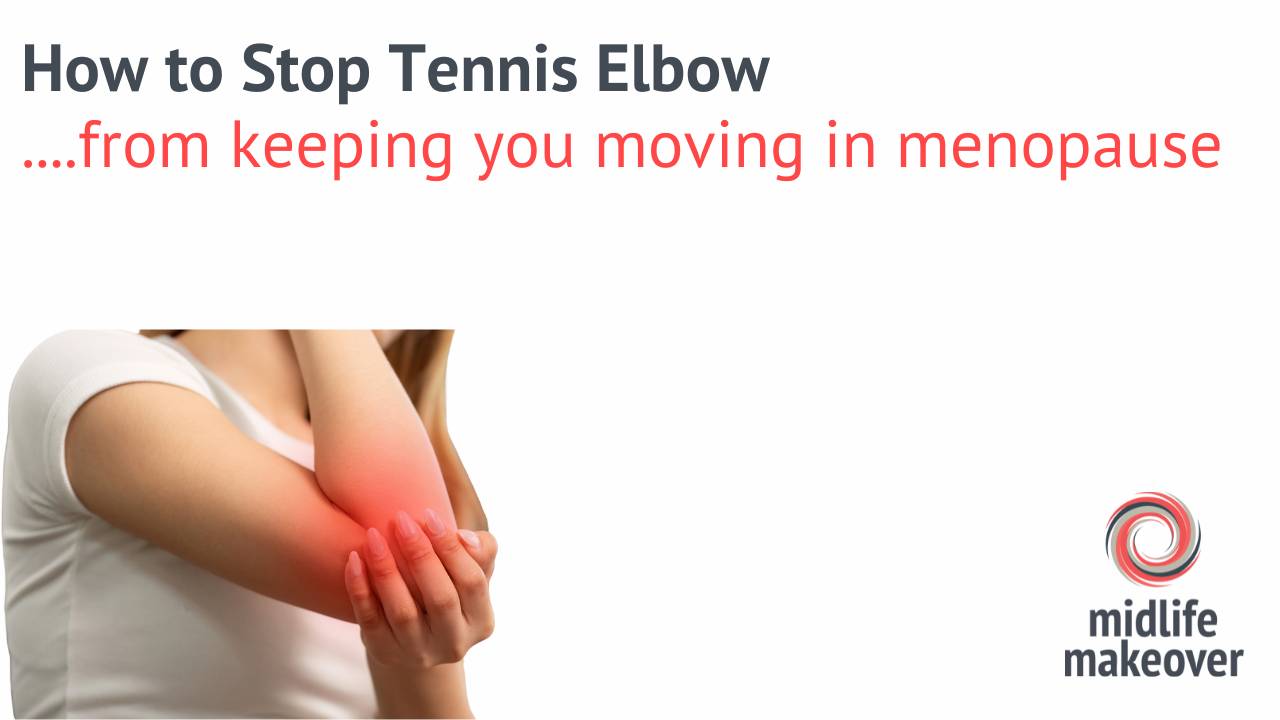What happens inside our body when we put on weight.
Jul 04, 2021
We have accepted that the fat around your middle is something that happens in the Peri and Menopause, and for some people, they might think it doesn’t matter, but this isn’t the case…
The first thing we need to look at is why it matters. It does not necessarily have to matter for aesthetic reasons, because we can look however we want to look – what’s going on inside is obviously far more important than how you might look on the outside.
When people put on weight, not only do those fat cells sit beneath the layers of skin and pad you out, but the fat collects around your organs as well. This then applies a certain level of pressure to your organs that will struggle with this coating of fat around them.
What does visceral fat mean?
Visceral fat is fat that wraps around your abdominal organs deep inside your body, and you can't feel it or see it in your Menobelly. In fact, you may have a pretty flat tummy and still have visceral fat. Another reason to get moving!
Also, if you are carrying too much weight, you are far more likely to suffer from diabetes, even if you have never suffered before, because your ability to maintain your blood sugar, your insulin levels is affected.
If you are carrying a lot of weight, there tends to be a lot of fat floating around in your blood freely, and this is not a good thing at all. In fact, having too much fat floating around in your blood can lead to all sorts of issues for including:
Chest pain, shortness of breath, palpitations on exertion, dizziness, fainting, swollen ankles, painful joints, indigestion, heartburn
So, having too much fat in your blood is not a problem for what you look like, but a problem for how your body is functioning in day-to-day life. Carrying around a lot of fat will nearly always lead to an increase in your blood pressure, which is not good for long-term positive health either.
It also means that you are at a much greater risk of clotting unnecessarily. Strokes and heart disease can happen if your clotting risk is high, as blood needs to clot when you bleed so that you do not bleed too much, but if it clots too much, then that also becomes a problem.
By carrying extra weight, you are more likely to have joint problems. Having too much fat floating around in your body can lead to inflammation or to joint pain, and just carrying more fat around you means that you are likely to have inflammatory problems both in your gut and in your joints.
One of the simplest things you can do rather than jumping on the scales?
Measure your waist at your belly button. As everybody is of a different height and a different build, just use a simple tape measure, one of those ones that you got in a cracker will do.
To do it, breathe normally and wrap the tape around the part of your stomach that's roughly two inches above your hips. The resulting number is your waist circumference. In general, if you're a woman, you want a measurement that's less than 34.5 inches.
If your tummy waist measurement is 32 inches or over, then you are at increased risk of diseases, such as heart disease, lung disease and diabetes.
If it is over 35 inches, that risk goes from being just increased to it is a serious risk of disease.
How at risk am I?
Time to be honest with yourself, is this a problem? Is this something you must face?
You can ignore the fact that you are never going to wear a bikini again or you are not going to prance up and down on the beach naked. However, you cannot ignore good health because you want to live a long, healthy life.





